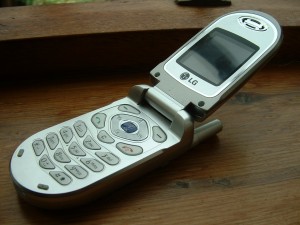The results in an explorative study by ISE researcher Ada Scupola and Virpi Kristiina Tuunainen, Aalto University, indicate a relationship between the strategic orientation to innovations and the role of information and communication technologies (ICT) as a tool in innovating facility management service processes.

The study investigated and conceptualized the strategic orientation to innovation and the roles of ICT in a specific service sector, facility management services in the empirical setting of Danish facility management organizations.
Different types of organizations, different roles
Based on the findings, the case organizations in the study are categorized as explorative, ambidextrous or exploitative in relation to the innovation in question. It is then empirically investigated which role ICT have in relation to each one of these categories; the roles being “enabler”, “support” or “utility”.
The study suggested that in explorative organizations the role of ICT in service innovations is that of an enabler, and in exploitative organizations the role of ICT is mainly of support and utility, whereas ambidextrous organizations are characterized by presenting all three roles of ICT for service innovations.
Not purely cost saving
Concerning the general value of ICT in relation to the strategic orientation, the study found mixed results, but in none of the organizations in the study was the value of ICT in relation to the strategic orientation a pure cost saving initiative. Rather, the focus from the organizations were on both benefits and costs.
The study and its findings are described in more in depth in a working paper that was written for the 2011 International Conference on Information Systems and can be downloaded as pdf here: Open innovation and role of ICT in business-to-business services –Empirical Evidence from Facility Management Services
In addition the article will be forthcoming soon in an international journal. For more info please contact the author, Ada Scupola at ada@ruc.dk.
